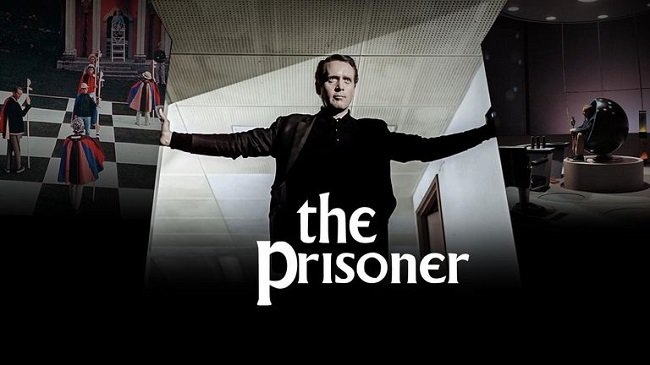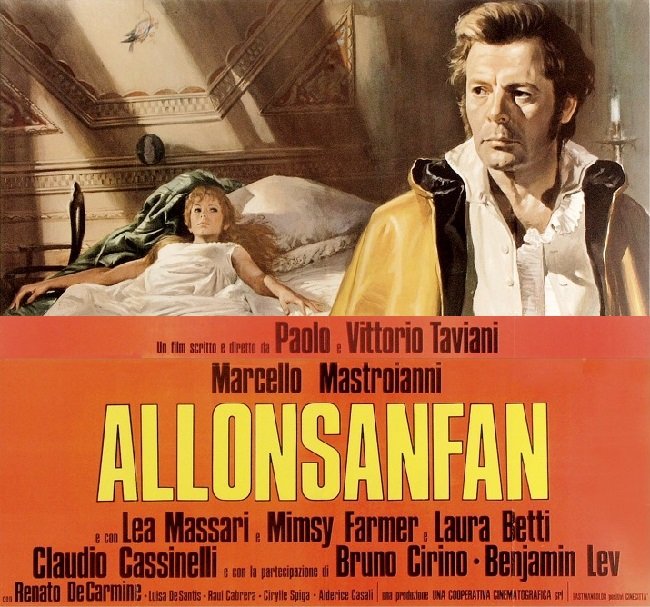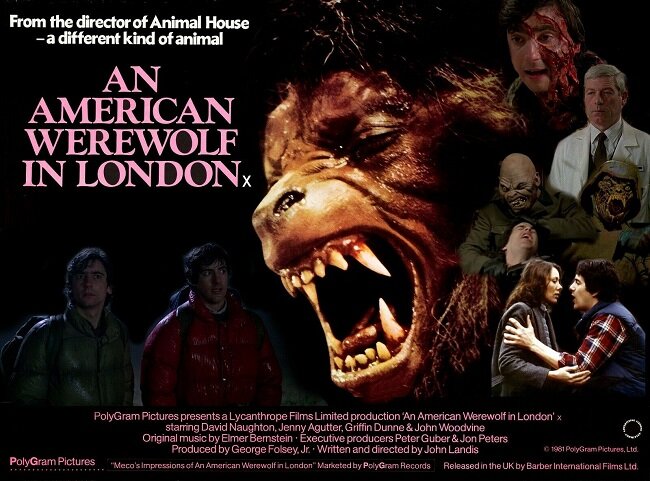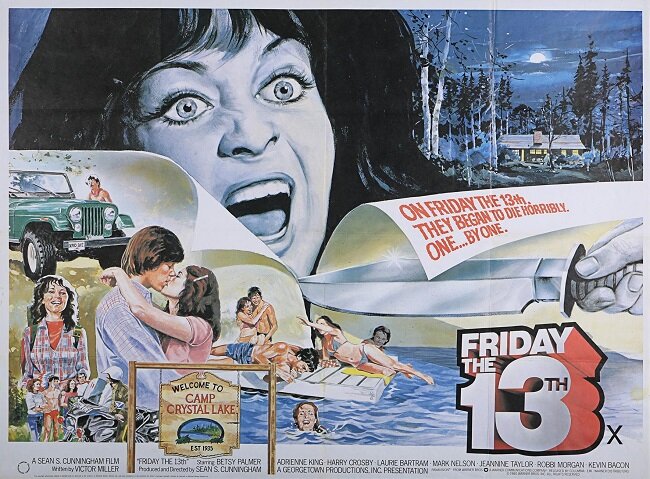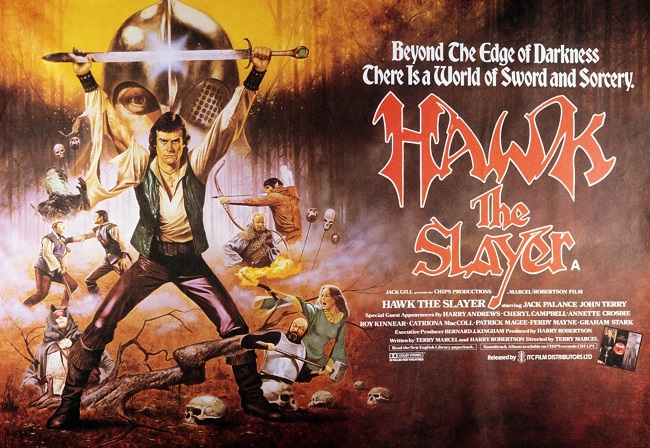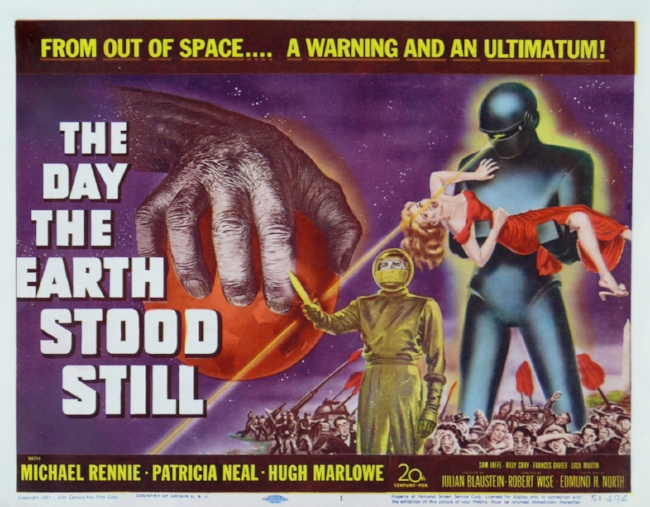Classic Movie Themes: The Long Good Friday
The Long Good Friday not only launched then career of Bob Hoskins but remains a uniquely British take on the gangster genre. Featuring authentic performances and a credible plot, the screenplay touches upon many of the social and political issues of the time; police corruption, the IRA, urban renewal and the decline of industry, along with EEC membership and the free-market economy. It’s a gritty and unrelenting drama that is still relevant today. Furthermore, the film is filled with quotable dialogue and has several stand out scenes that showcase Bob Hoskins’ smouldering performance. It’s also offers of “who’s who” of British character actors and there is one sequence still has the power to shock even today.
One of the many elements that contribute to The Long Good Friday being such a seminal movie is the score by Francis Monkman. A classically trained composer, conversant with multiple musical instruments, Monkman’ was the founder member of both the bands Curved Air and Sky. His score is a striking electronic synth hybrid featuring the talents of Herbie Flowers, Kevin Peek, and Tristan Fry. The addition of Stan Sulzmann and Ronnie Aspery on saxophone lends an interesting juxtaposition to the various tracks. It’s all evocative of mid-seventies UK police procedurals dramas with a blend of pulsing synths that you found in TV science fiction at the time. Yet despite its curious antecedents, it works very well on screen reflecting the story’s themes of old giving way to the new.
The Long Good Friday title theme is a brassy, pulsing affair. It is used several times throughout the film and works the best in an early scene when Harold Shand (Bob Hoskins) arrives at Heathrow airport after a flight on Concorde. It superbly establishes his character as he confidently strolls through customs after setting up a major deal with the Mafia in the US. “Fury” is a very interesting cue as it starts with a dark electronic passage as the Harold discovers the magnitude of his predicament. It evolves into a powerful and soulful sax driven piece as Harold washes the blood from himself after a frenzied attack. Both tracks are from the recent anniversary soundtrack album where the remastered score is finally available in stereo.
